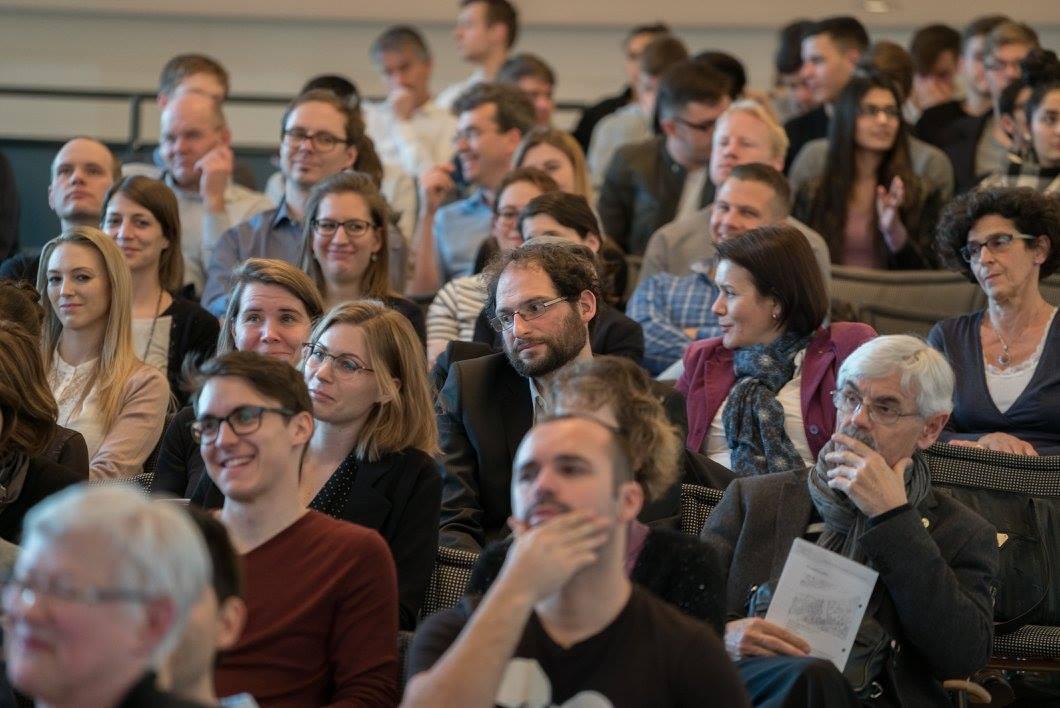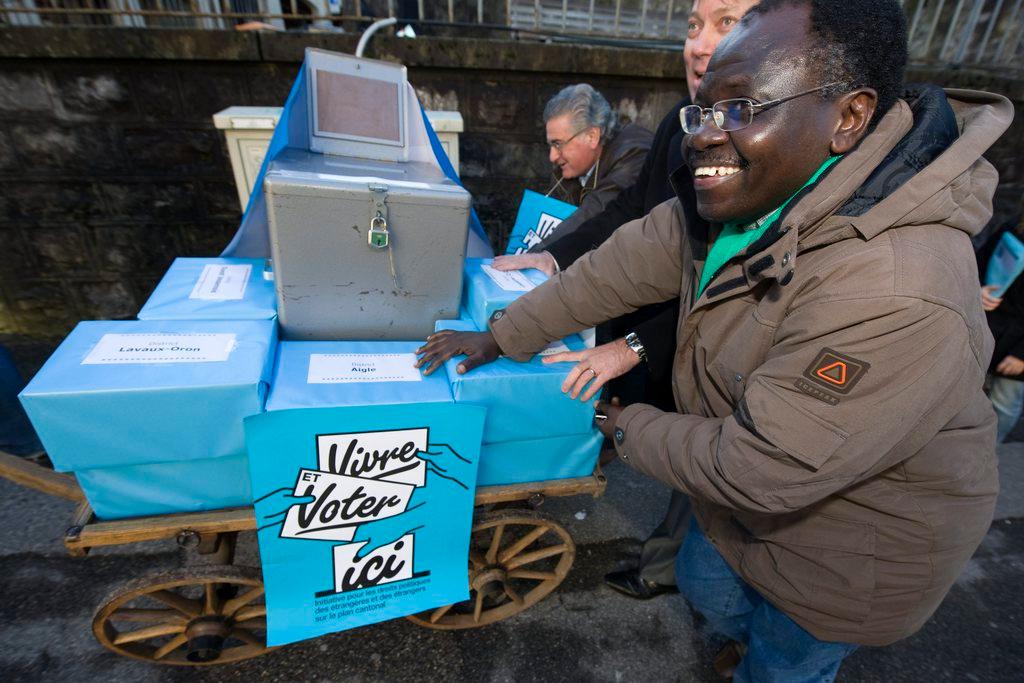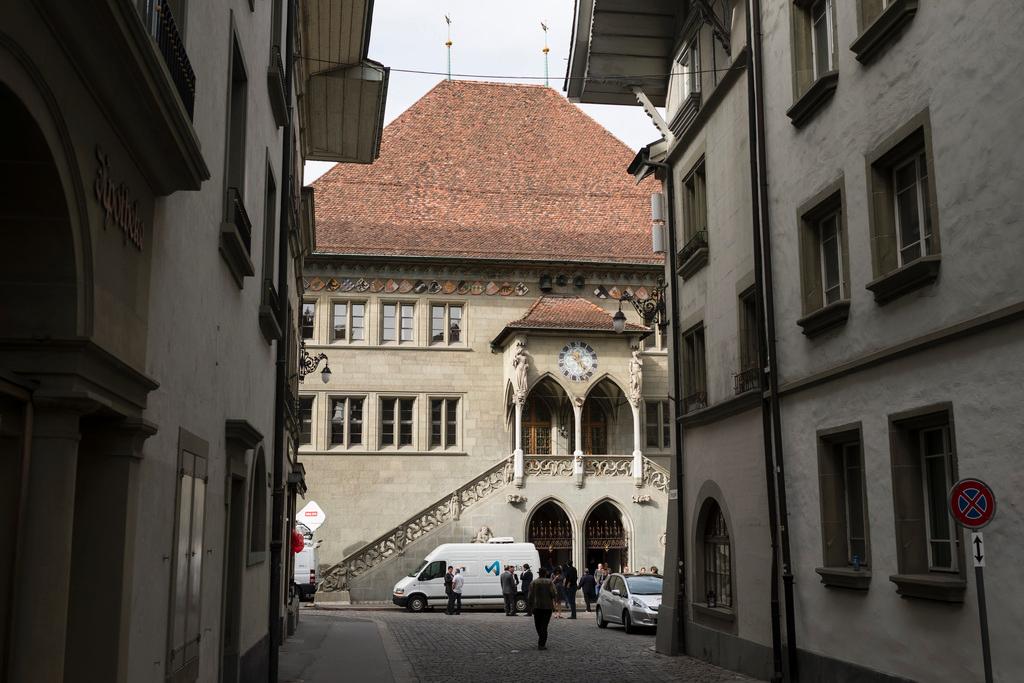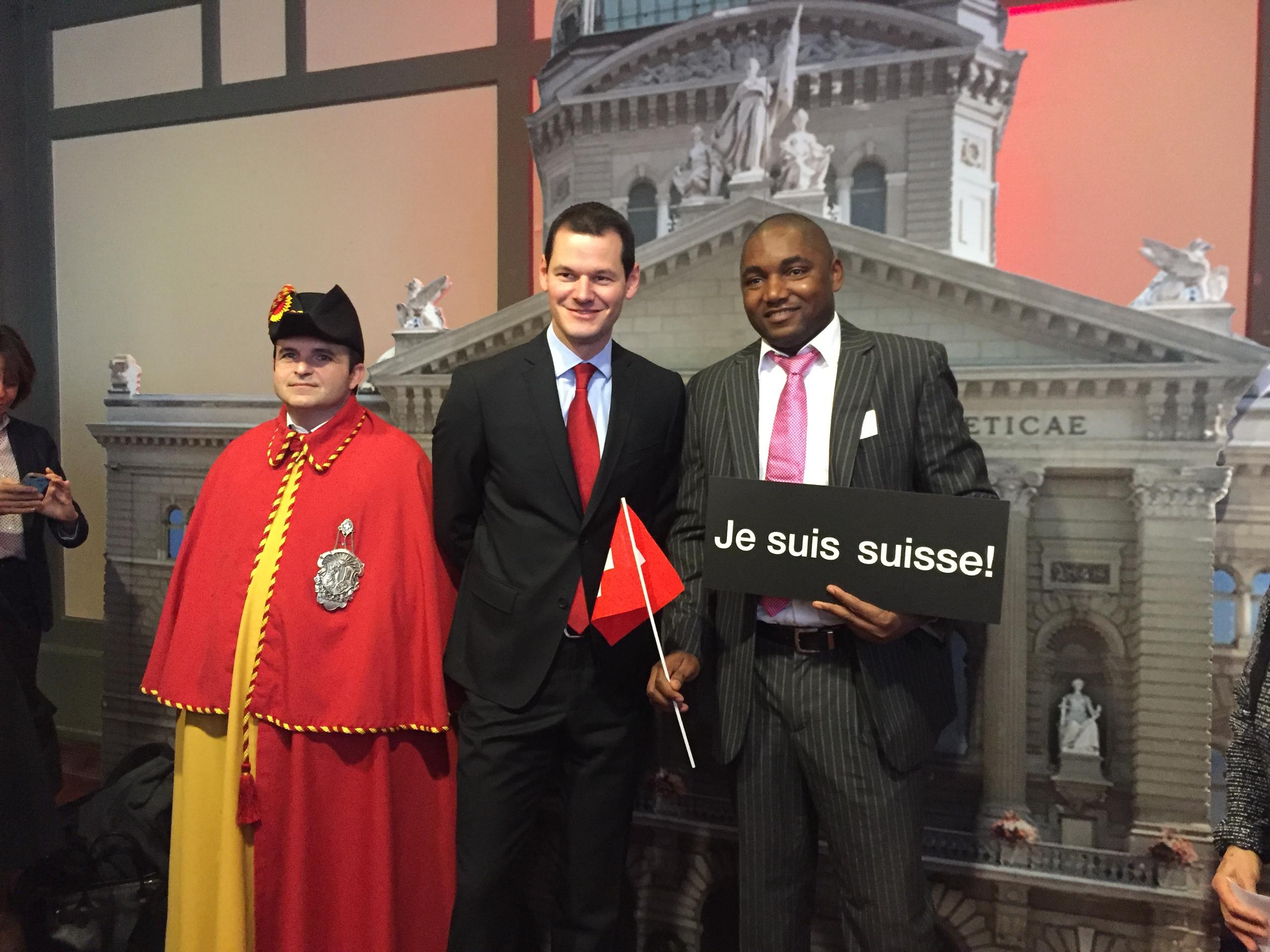‘Voting rights in Switzerland can’t be free’

Foreigners account for a quarter of the Swiss population, but they can’t vote in elections or referendums. Is this acceptable in a fully-fledged direct democracy? Swiss and German politicians are divided in their opinions.
“Swiss living abroad are also foreigners in their countries of residency. They often have a firm view of what’s happening in Switzerland, and at the same time they take part in political life in their adopted countries,” Walter Leimgruber, President of the Federal Migration Commission, pointed out at a recent event.
Leimgruber’s conclusion is that the Swiss living abroad are citizens of two states, and living proof that political engagement is possible in two societies. In his view, they’re a good example of how foreigners can enjoy political participation wherever they live, regardless of nationality.
Economic interdependence caused by globalisation, and the fact that 50% of marriages in Switzerland are bi-national, mean “political rights will have to be redefined,” argues Leimgruber, a professor of cultural studies at Basel University.
Aarau Democracy Days
This article is based on the discussions at the 8th Aarau Democracy Days, which were organised by the Centre for Democracy Studies Aarau. This year’s event focused on the theme: “Political rights for foreigners?”
His approach: link voting rights with “citoyenneté” [essentially residency] instead of nationality – the notion being that foreigners who live, work and pay taxes should have the right to participate in the political sphere.
Although foreigners have numerous opportunities to participate in Swiss life through volunteer work, club membership, or local committees, they seldom do so. One of the reasons could be that information is not readily available, and it is up to the foreigners to proactively seek it.
Citizenship as a reward
Associations, social media and consultation procedures – these are the domains where parliamentarian Thomas Burgherr believes foreigners can and should participate. A member of the conservative right Swiss People’s Party, he doesn’t see much interest in such engagement. For example, there are no foreigners helping to organise the yodelling festival he presides over.
“Swiss voting rights must not come for free; they have to be earned, which would be through naturalisation,” said Burgherr, emphasising that he has nothing against foreigners. “I financially sponsor a child in South Africa, and some of the employees in my timber construction company are foreigners,” the rightwing politician says.
Another Swiss politician who shares Burgherr’s views is Titus Meier, a member of the Aargau cantonal parliament and member of the centre-right Radical Party.
“Where is the incentive to apply for a Swiss passport if we allow political participation on a local level?” he asks.
According to Meier, Swiss citizenship laws date back to the 19th century and apply at the municipal, cantonal and national levels. Up for discussion: As the local communities are autonomous, it would be possible to introduce voting rights for foreigners at the community level.
Does this reluctance to bestow voting privileges on foreigners extend across the border?
Robert Hahn, mayor of the German town Reutlingen, does not see foreigners voting as a big deal. “Because of EU citizenship, around 100,000 foreigners are allowed to vote in our country. It was never a big deal. It simply became reality in 1992.”
Hahn doesn’t think there’s been any negative effects as a result.
Participation as empowerment
Leftwing Social Democrat Cédric Wermuth does not think much of linking voting rights to citizenship.
“The term democracy excludes the discrimination of a specific group,” he argues, referring to the example of the failed “enforcement” initiative on deportation of foreign criminals.
“The group of people that actually voted wouldn’t have been affected by the decision, whereas the group that would have been affected wasn’t allowed to vote.”
Jens Weber’s path to political inclusion shows how far foreigners can go if they have the inclination. The son of German immigrants to the United States, Weber is an American citizen. After serving the local government in Trogen in canton Appenzell Ausser Rhoden, he ran for the House of Representatives in 2015. Today, the Social Democrat has a seat in the cantonal parliament.
“It was one of the best days in my life when I arrived in Trogen in 2006 and was able to say: Now, I’m finally allowed to take part!” he says. Weber considers the introduction of voting rights for foreigners in Trogen as a huge gift. Through his experience in local government, he knows that much legislative business concerns everyone, no matter whether they are Swiss or foreign nationals.
Voting rights for foreigners in Switzerland
At the national level, only Swiss citizens over 18 are allowed to vote.
At the level of the 26 cantons the situation is more complex. In Neuchâtel and Jura, foreigners have the right to vote at the cantonal level, but they themselves cannot stand for political office. A change to this law is currently being discussed.
Foreign nationals in canton Geneva can vote and be elected at the level of the commune. The same rights are planned to be extended to non-Swiss residents of cantons Neuchâtel, Jura, Vaud and Fribourg.
Local authorities in cantons Basel City, Graubünden and Appenzell Outer Rhodes are free to give the right to vote to foreigners.
Individual communes and municipalities have special participation tools for foreigners, such as the foreigners’ motion in the city of Bern.
Translated from German by Billi Bierling

In compliance with the JTI standards
More: SWI swissinfo.ch certified by the Journalism Trust Initiative













You can find an overview of ongoing debates with our journalists here . Please join us!
If you want to start a conversation about a topic raised in this article or want to report factual errors, email us at english@swissinfo.ch.